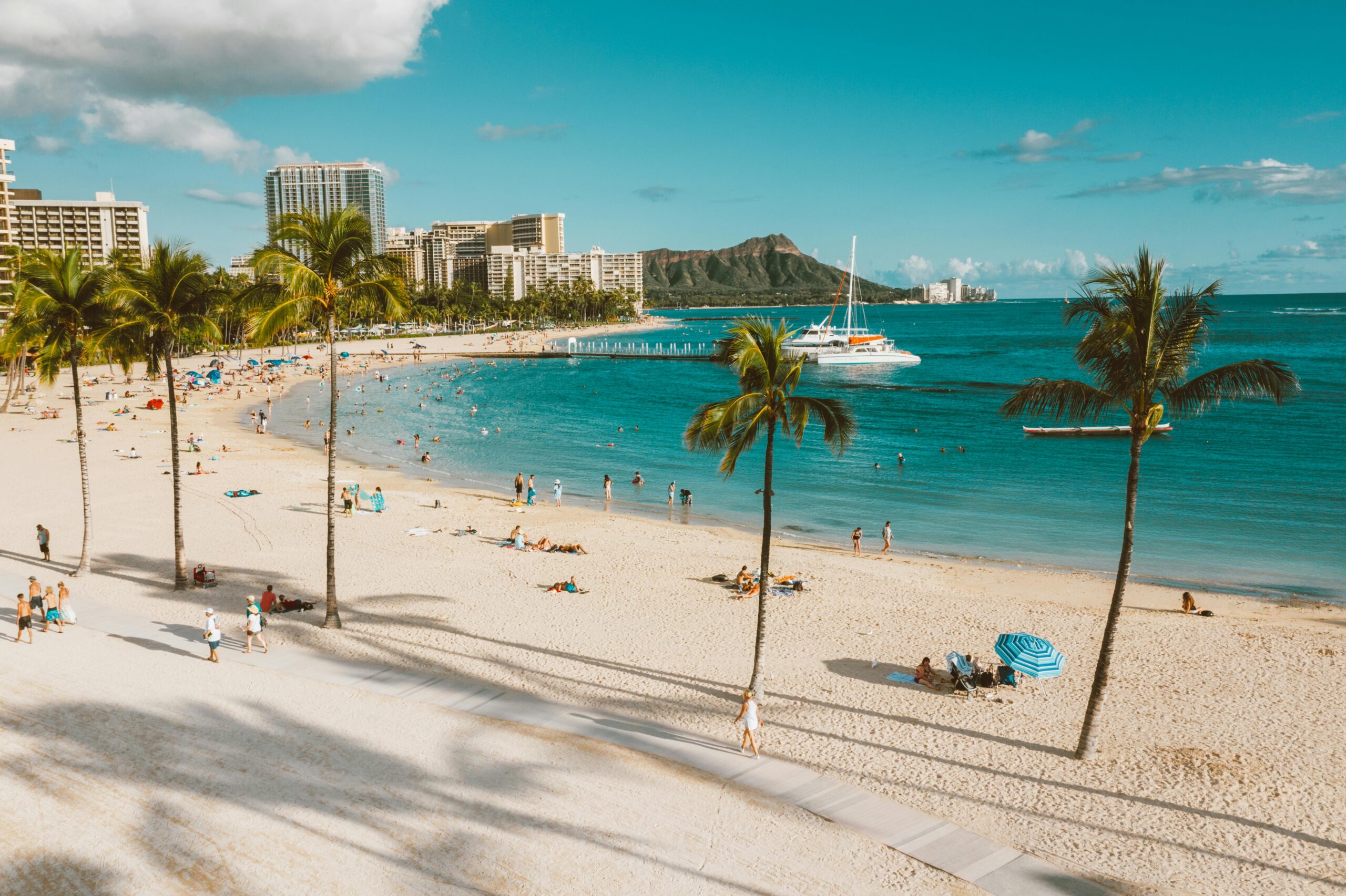A top executive at the Hawaiʻi Tourism Authority (HTA), the state’s main agency for managing travel and branding the islands globally, has come forward alleging retaliation after raising concerns about financial and operational mismanagement within the agency. The complaint adds new layers of scrutiny to an organization already facing budget shortfalls, restructuring debates, and accountability concerns as Hawaiʻi’s visitor industry rebounds from pandemic-era lows.

The Whistleblower: Who Is She?
- Name: Caroline Anderson
- Position: Director of Planning at HTA
- Experience: Nearly two decades in public service and planning roles, including with the Department of Hawaiian Home Lands
- Allegation: Anderson claims she was marginalized and demoted after voicing concerns about potential violations of procurement rules and inadequate oversight of tourism contracts.
Nature of the Complaint
In her formal complaint, Anderson alleges:
- She was removed from key planning duties and excluded from strategic meetings after submitting internal reports about mismanagement.
- Her requests for transparency were “ignored or sidestepped,” creating a culture where compliance was seen as an obstacle rather than a necessity.
- The agency, she claims, prioritized public perception over responsible governance, especially when awarding contracts for destination management and community outreach programs.
Context: HTA in Transition
HTA has been navigating a complex period of change:
- Budget Cuts: The state legislature recently reduced HTA’s operating funds, shifting some responsibility for tourism promotion to other departments.
- Community Pushback: Locals have voiced growing frustration over overtourism, calling for HTA to invest more in regenerative tourism and less in mass marketing.
- New Contracts: Controversy erupted over HTA’s decision to award its destination management contract to a new vendor, leading to legal disputes and delays.
These factors have heightened internal pressure and contributed to turnover and unrest within the agency.
Legal and Ethical Implications
Anderson’s complaint may spark:
- Investigations: Lawmakers and the state auditor’s office may probe HTA’s internal procedures, particularly around contract awards and budget management.
- Legislative Hearings: Advocates have called for public hearings to assess HTA’s practices and address employee treatment.
- Whistleblower Protections: Hawaiʻi law protects public employees who report suspected wrongdoing. If proven, retaliatory action could result in legal consequences for HTA leadership.

Broader Significance
Anderson’s case resonates beyond HTA:
- Tourism Governance Reform: It highlights ongoing tensions between promoting economic recovery through tourism and enforcing ethical, community-centered management.
- Local Empowerment: Critics argue that tourism policy often excludes Native Hawaiian voices and fails to prioritize cultural preservation.
- Transparency Culture: The case could prompt calls for greater oversight across all state agencies managing tourism, environment, and land use.
Conclusion
As Hawaiʻi charts its path forward in tourism management, the controversy surrounding the HTA and its alleged treatment of a whistleblower underscores a critical lesson: public trust is earned through transparency, accountability, and inclusive governance. With tourism revenues still vital to the state economy, how HTA responds to this internal reckoning may define its future—and the shape of tourism in Hawaiʻi—for years to come.
Frequently Asked Questions (FAQs)
Q1: What is the Hawaiʻi Tourism Authority (HTA)?
HTA is the state agency responsible for tourism branding, destination management, and coordinating tourism-related initiatives in Hawaiʻi.
Q2: What did Caroline Anderson report?
She raised concerns about mismanagement, including improper procurement processes and lack of transparency in contract oversight.
Q3: Is the HTA under investigation?
As of now, there’s no confirmed formal investigation, but Anderson’s allegations may prompt audits or legislative review.
Q4: How is tourism managed in Hawaiʻi?
Tourism is managed by multiple stakeholders, including HTA, county agencies, and community groups, often with competing priorities.
Q5: Why is tourism reform a hot issue in Hawaiʻi?
Because of concerns over overtourism’s impact on ecosystems, infrastructure, and Native Hawaiian culture, many residents want a more sustainable and community-centered model.

Sources Honolulu Civil Beat


